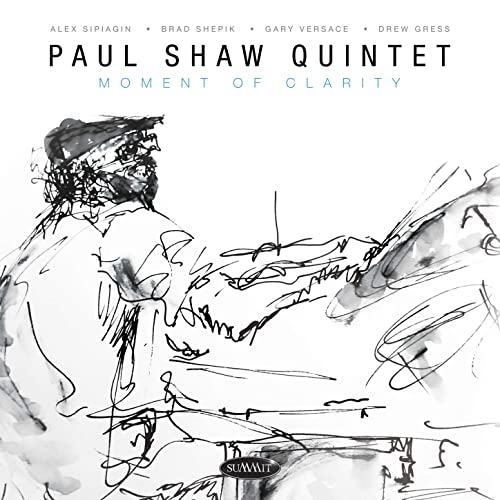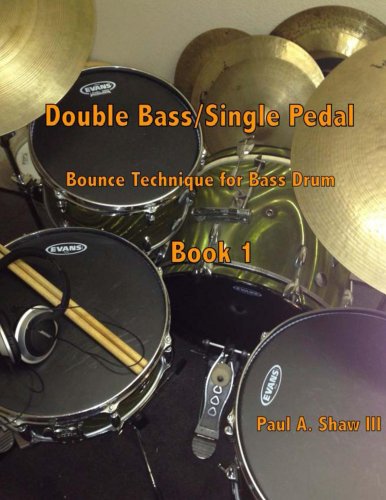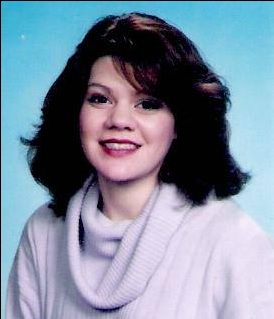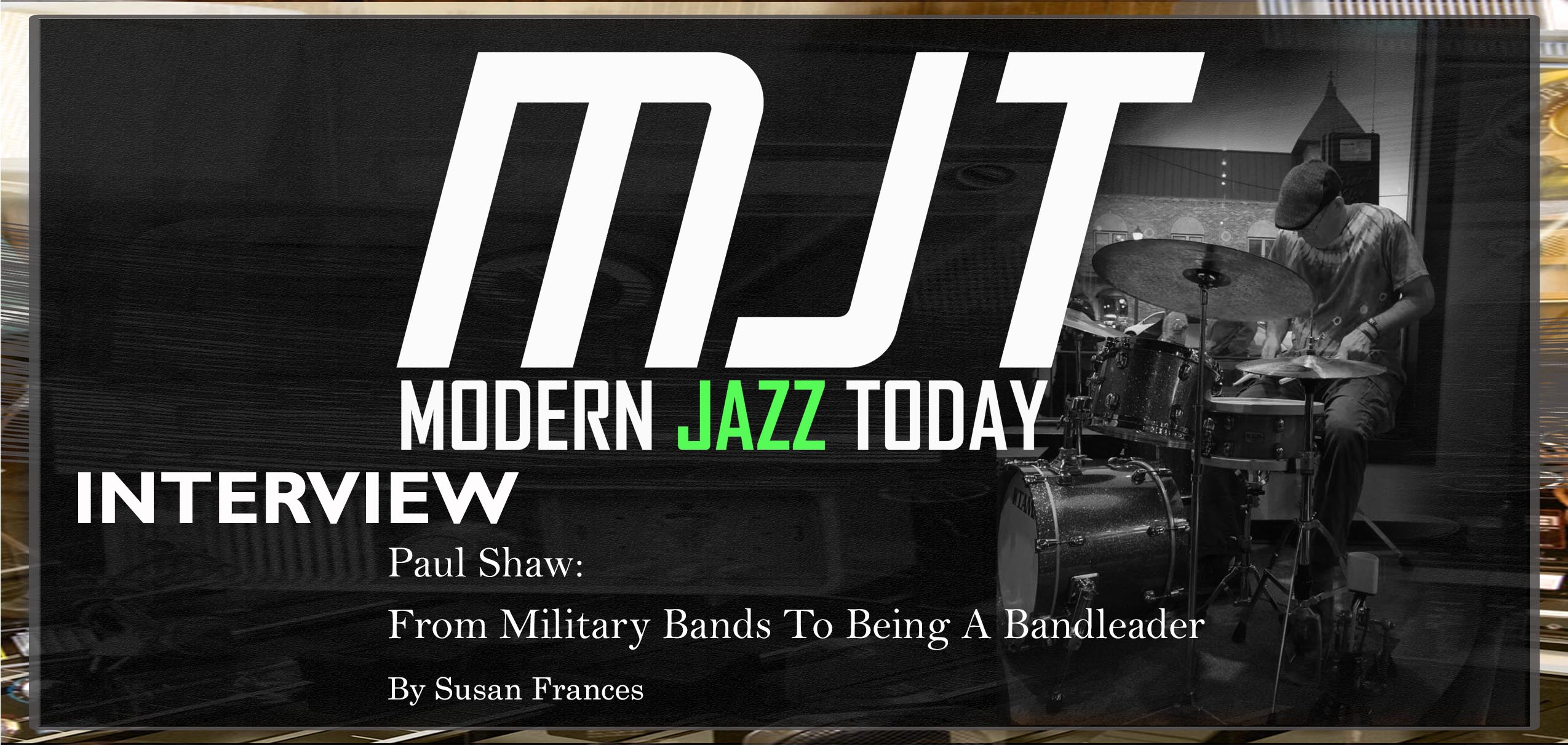Paul Shaw: From Military Bands To Being A Bandleader
by Susan Frances
 Every artists journey is truly their own with no journey identical to one another. For drummer, composer, and bandleader Paul Shaw, the winding road has enticed him to move forward only to be sidetracked and then set forth onto a path that liberates more of his soul. That newly discovered path has put Shaw in the position of leading his own jazz quintet and composing original work. Ready for the world to meet Paul Shaw as a leader and composer, his debut release Moment of Clarity gives audiences a glimpse into his musical influences, his musical experiences, and his acumen as a musician, collaborator, and firm decision-maker.
Every artists journey is truly their own with no journey identical to one another. For drummer, composer, and bandleader Paul Shaw, the winding road has enticed him to move forward only to be sidetracked and then set forth onto a path that liberates more of his soul. That newly discovered path has put Shaw in the position of leading his own jazz quintet and composing original work. Ready for the world to meet Paul Shaw as a leader and composer, his debut release Moment of Clarity gives audiences a glimpse into his musical influences, his musical experiences, and his acumen as a musician, collaborator, and firm decision-maker.
“I have co-led recordings,” he prefaces, “and have been a sideman on past recordings. Moment of Clarity happens to be my first outing as leader and sole composer. I wanted a title that hinted at an origin story while avoiding stereotypical trappings explicitly announcing, ‘This is my first CD.’ I had recently finished the tune ‘Moment of Clarity‘ and thought the title is not only reflective of that music but vaguely suggestive as an album title; as representative of a first collection of newly composed or arranged music.”
A newly composed arrangement is “Mary Oliver” on the recording. The composition is a tribute to the poet Mary Jane Oliver whose poems are reflections about nature. A trait that audiences can relate to such luminaries as Walt Whitman, Henry Thoreau, and William Wordsworth.
Shaw establishes, “I was introduced to Mary Oliver’s poetry in 2011. Since then, I have read most of her prose and poetry. I am influenced and inspired by Oliver’s word economy. The way Oliver could reflect on the simplest subject—often in nature—leaving the reader full of wonder and a sense of discovery, directly impacted my conception of songwriting and composing.”
He prompts, “I have also set some of her poetry to acoustic guitar. The idea behind the tune ‘Mary Oliver’ was to capture a simple thing in nature—a flower maybe—with simple beginnings, then growing—maybe in the sun like an Oliver poem. I used a simple melody, instrumentation, and dynamics to try and achieve that.”
Contributing to the track is Shaw’s quintet, comprised of Alex Sipiagin on trumpet, Brad Shepik on guitar, Gary Versace on piano, and Drew Gress on acoustic bass. He provides, “I met everyone except Gary at NYU. Alex, Brad, and Drew are faculty.”
He recounts, “I was in ensembles led by Alex and Brad. I met Drew when a guitar student asked me to play trio during his lessons. After playing a recording date with Drew for a different student, I knew I wanted to ask him to be a part of my own recording. Brad and I also play trio a fair amount, so he was a logical choice.”
 “Brad recommended Gary,” he predicates, “as they play together all the time. So, access to these incredible musicians was part of my decision-making process. The other factor is that I just love their recorded body of music, spirit, and openness to being part of Moment of Clarity.”
“Brad recommended Gary,” he predicates, “as they play together all the time. So, access to these incredible musicians was part of my decision-making process. The other factor is that I just love their recorded body of music, spirit, and openness to being part of Moment of Clarity.”
It was these qualities, their spirit and openness, that made this lineup of musicians ideal to record Shaw’s original piece “Peekaboo,” a very fun composition with many opportunities for the musicians to play improvised phrases. He cites, “‘Peekaboo’ happens to be the oldest track on the album. I wrote it as a medium tempo, 12-bar blues 20 years ago. I associate the title with the game hide-and-seek, which I played a bunch as a kid and with my own children. I recorded it with an Air Force sextet about 10 years ago.”
“This arrangement is the most ambitious of the three,” he determines. “The improv sections are designed to reflect the game, sneaking around, popping out from behind a corner, etc. Basically, the intro, interlude and melody are composed. Each soloist was assigned a different mathematical permutation of the blues to play over; Drew had a half-time swing feel. Brad had the actual form and a six eight or waltz feel. Alex, Gary, and I soloed over a double time version of the blues. I actually kicked around the idea of calling it ‘Peekablue’ 🙂 Beyond those directions, everyone was very creative and responsive to each other.”
“Peekaboo” gives audiences insight into Shaw’s earlier musical experiences, having played the work with a 10-piece military band. He reflects about his experiences during those military band days, “The great thing about the military bands was that we were always on the road and always reading music. Typically, we would have 2 days of rehearsal, reading all the music for a 2-hour big-band concert, then hit the road. So, I retired from military music with a strong ability to read, improvise, and hold a band together with minimal preparation. Those skills are key to getting hired in a variety of contexts, I think.”
While playing in military bands, the opportunities to perform were frequent, enticing him to continue to travel along a path that became familiar to him. “It was always easy to get ‘plugged in’ to whatever local scene I was stationed near,” he remembers. “For example, I was stationed near St. Louis for six years, in Belleville, Illinois and was part of that great jazz scene, along with other Air Force musicians.”
“The hard transition,” he confides, “was retiring and moving to Manhattan. I was living in Colorado when I retired from playing and teaching in the Air Force. That was 2016. My wife, Melanie and I then moved directly to New York City, where I began a master’s degree in jazz studies at NYU.”
“I felt like school was key,” he procliaims. “A strategic move to establishing connections, meeting people, and finding my niche, which, by the way, is by no means a completed process,” he admits.
 He ponders fondly, “Like most drummers, I was quite content for many years to simply practice drums. I found great joy in practicing technique and independence—still do.”
He ponders fondly, “Like most drummers, I was quite content for many years to simply practice drums. I found great joy in practicing technique and independence—still do.”
“When I was living in Germany, 2004-2007,” he broaches, “I started learning vibraphone. I toured with vibraphonist Matthias Strucken and we would give each other lessons on our respective instruments. I also started formal studies with him—for a year or so. That was when I began to turn a corner, getting interested in playing other instruments. I became vaguely interested in composition then as well.”
“A definitive moment for me,” he articulates, “was losing an audition that I had prepared months for. When I didn’t get the job, I denounced drums. I stopped practicing anything that wasn’t directly related to touring. I gave up vibes all together and started playing acoustic guitar. That was December 2005. Acoustic guitar and singer/songwriting have become my second instrument.”
“The whole experience in Germany,” he accredits, “set me on a path that is equal parts drumming, composition, and lyric writing. My choice to become a bandleader is largely strategic as well,” he points out, shedding light on the part of the curve along the path that veered him away from finding performance opportunities as a sideman and leading him to becoming a bandleader.
“At the tender age of 47,” he underscores, “it is not easy to get in serious playing/friendship relations with my peer group — they have been at this in New York City for two or more decades now. So, getting ‘picked up’ for anything more than the occasional gig is not a likely scenario for me.”
He regards, “Bandleading allows me to envision the project, hire folks I want to play with, write the music, and book my gigs. In other words, if I don’t do it, no one else will.”
His journey from performing in military bands to becoming a bandleader and composer of original work has roots in his musical influences, many of whom discovered the path to becoming solo artists as well. “My primary drummer/composer influences,” he recollects, “are Victor Lewis, John Hollenbeck, Tyshawn Sorey, Brian Blade also a singer songwriter, and Ari Hoenig. I’m influenced by their large and small group writing – Victor and John, their advanced rhythmic ideas – Tyshawn and Ari, and their exploration of unique instrument groupings and voicings – All.”
“At 47 years old,” he considers, “I simply wanted to present a project reflective of where I am in my personal, musical journey. Hopefully, at the heart of such a presentation, is my personality. I have always enjoyed particular post-performance comments such as ‘you play your personality’ or ‘I can tell you were having fun’. I hope those elements are palpable on Moment of Clarity.”
Another curve in the path led Shaw to being a music educator, employed as an adjunct professor of music at Mercer University and  teaching privately for 14 years. “Teaching has proven to be a great way to clarify my own thoughts about how I approach practice, performance, and composition,” he remarks. “If I cannot articulate then execute a musical idea, how can I possibly relate it to a student? Learning is definitely a two-way street when teaching.”
teaching privately for 14 years. “Teaching has proven to be a great way to clarify my own thoughts about how I approach practice, performance, and composition,” he remarks. “If I cannot articulate then execute a musical idea, how can I possibly relate it to a student? Learning is definitely a two-way street when teaching.”
He furnishes, “I am currently in a Doctoral program studying humanities and culture at Union Institute and University. My wife and I conduct research together that combines music and social justice issues. I enjoy research and writing. I also have two drum books out and I’m working on a third.”
In a time when the coronavirus pandemic (COVID 19) has caused universities to close their doors to students and institutions to cancel all public gatherings, Shaw is heavily dependent on internet services to bring his material to the public. It is one of the few global outlets where viral social gatherings don’t result in spreading an infectious disease.
He specifies, “So far, facebook and instagram announcements,” have been his means to reach the public. “For the most part,” he deems, “I am letting Summit Records strategize how best to do that. It is well priced and available on the Summit website. It has been available for pre-order as well. Yet, I know it is streaming on itunes, spotify, etc. I’ll release some videos from the studio over the course of the first few weeks of release, via all platforms and see what happens. Website as well.”
The coronavirus pandemic (COVID 19) has also caused venues to close their doors to live performers in an effort to adhere to social distancing protocol. In this new environment, Shaw’s inclination to perform live is deeply hampered.
“I have always felt most alive performing,” he declares. “I hope to get this lineup in some clubs or a short tour. Needless to say, my efforts to sync some performances with this release have been thwarted as we adjust to life with Covid-19. The truth is, both processes are highly satisfactory to me. If I had to pick one—live performance.”
Other interests that occupy his time while staying in place, he shares, “I have two daughters, 26 and 22, who we love to spend as much time with as possible.”
The stay-in-place recommendation advised by the Coronavirus Task Force in America has given Shaw the opportunity to spend much more time with his daughters. A sidetrack along his journey that has liberated another part of his soul.
The road that once enticed Paul Shaw to play in military bands veered him away from all that had been familiar to him, forcing him to adapt to new circumstances and finding his way along a new road that liberates more facets of his soul. Now ready for the world to meet him as a leader and composer, his debut release Moment of Clarity is an authentic expression of his talent as a drummer, improviser, composer, and leader. Finding more clarity by stepping off the sidelines and into the spotlight, Paul Shaw is ready for the world to see him.
About Susan Frances:
 Born in Brooklyn, New York and raised in eastern Long Island, I always enjoyed writing and made several contributions to my high school literary magazine, The Lion’s Pen. Influenced by writers of epic novels including Colleen McCullough and James Clavell, I gravitated to creative writing. After graduating from New York University with a BA in Liberal Arts, I tried my hand at conventional jobs but always returned to creative writing. Since 1998, I have been a freelance writer and have over three thousand articles to various e-zines including: Jazz Times, Blogcritics, Yahoo Voices, Goodreads.com, Authors and Books (books.wiseto.com), TheReadingRoom.com, Amazon.com, Epinions.com, Fictiondb.com, LibraryThing.com, BTS emag, BarnesandNoble.com, RomanticHistoricalReviews.com, AReCafe.com, Hybrid Magazine, and BookDepository.com. In 2013 and 2014, I was a judge in the Orange Rose Writing Competition sponsored by the Orange County chapter of the Romance Writers of America located in Brea, California.
Born in Brooklyn, New York and raised in eastern Long Island, I always enjoyed writing and made several contributions to my high school literary magazine, The Lion’s Pen. Influenced by writers of epic novels including Colleen McCullough and James Clavell, I gravitated to creative writing. After graduating from New York University with a BA in Liberal Arts, I tried my hand at conventional jobs but always returned to creative writing. Since 1998, I have been a freelance writer and have over three thousand articles to various e-zines including: Jazz Times, Blogcritics, Yahoo Voices, Goodreads.com, Authors and Books (books.wiseto.com), TheReadingRoom.com, Amazon.com, Epinions.com, Fictiondb.com, LibraryThing.com, BTS emag, BarnesandNoble.com, RomanticHistoricalReviews.com, AReCafe.com, Hybrid Magazine, and BookDepository.com. In 2013 and 2014, I was a judge in the Orange Rose Writing Competition sponsored by the Orange County chapter of the Romance Writers of America located in Brea, California.





No Comments